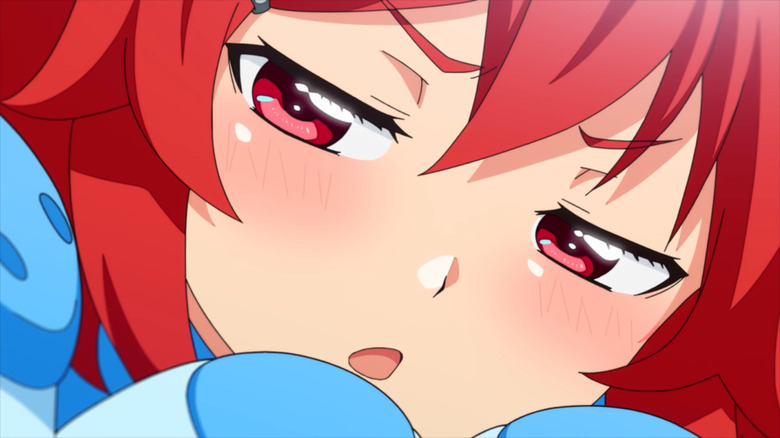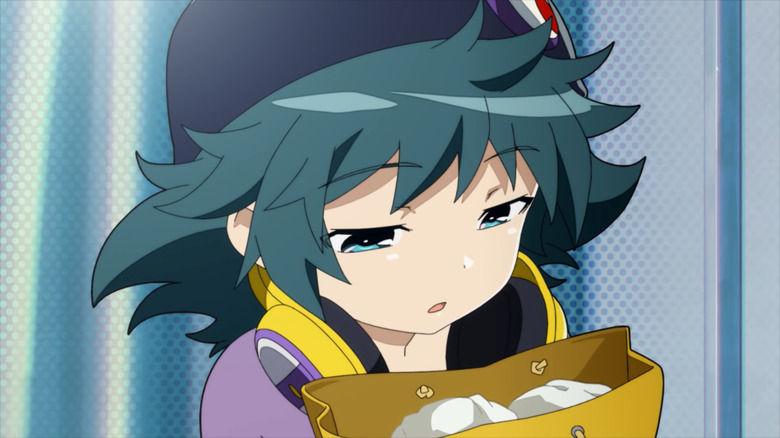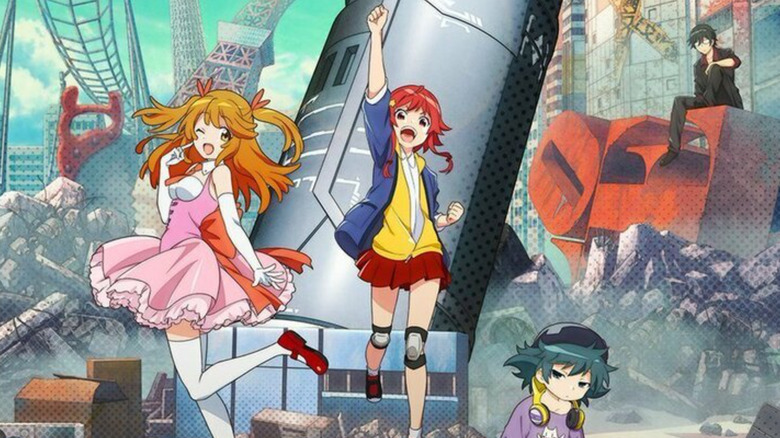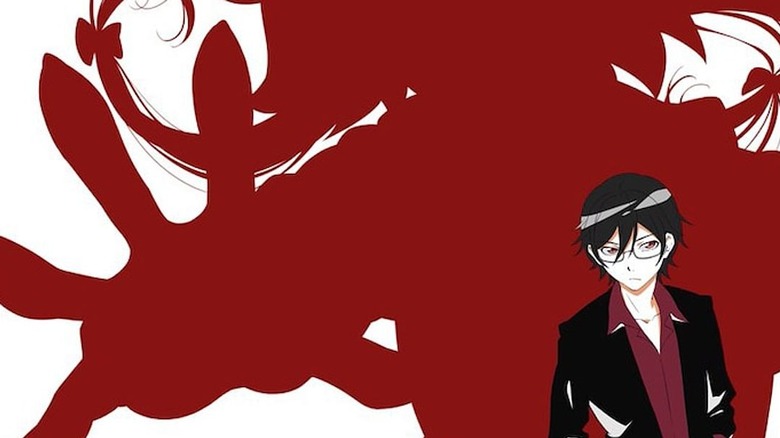Gyakuten Sekai No Denchi Shojo: Rumble Garanndoll - What We Know So Far
The beginnings of Japan as we know it today can be traced back to the end of World War II. As part of the Axis Powers, WWII-era Japan ran a brutal dictatorship responsible for numerous atrocities and invasions across Asia. In the wake of the United States' victory against the island nation, however, Showa-era Japan (1926-1989) changed remarkably (via Encyclopedia Britannica). The Land of the Rising Sun made a massive economic upturn, becoming a close ally and economic rival to the now-global superpower that was America. The colorful crazes of anime, gaming, idols, and more that we are familiar with today are landmarks of the new cultures that arose from Japan's late Showa period.
Now, some of Japan's most talented anime artists are developing a project that looks back on that disparity between the militaristic, imperialistic Japan of the early Showa period, and the peaceful, consumer-driven Japan of today. Coming soon from Studio Lerche, "Gyakuten Sekai no Denchi Shojo: Rumble Granndoll" is an anime portraying a world where Japan is brought face-to-face with its dark past, literally. It looks to be a particularly interesting piece of "what-if?" science fiction, and it's looking to debut much sooner, rather than later. With that in mind, here is what we know so far regarding the release date, characters, and plot of "Gyakuten Sekai."
When will Gyakuten Sekai be released?
On April 2, the official "Gyakuten Sekai" website launched, announcing the existence and upcoming release of "Gyakuten Sekai." Two months later, Kadokawa uploaded the series' first trailer on YouTube. In addition to introducing the world, its conflict, and its characters, the trailer clued viewers in on its upcoming October 2021 release date but offered no other specifics on when the show would arrive.
While Kadokawa and Studio Lerche ("Danganronpa," "Assassination Classroom") have given anime fans a good idea of when "Gyakuten Sekai" is set to release, the two companies haven't exactly shown viewers where they might be able to see the upcoming series. Though, given the recent merging of the internet's two most popular anime streaming services, Crunchyroll and Funimation, this might not be much of a problem. So, unless "Gyakuten Sekai" never receives an English translation, anime fans can be fairly certain they'll see it in the near future.
Who are the main characters in Gyakuten Sekai?
One key piece of information provided by the website is the identities of "Gyakuten Sekai's" main characters. Further translation from Anime News Network reveals that the protagonist is Hosomichi Kudō (Seiichirō Yamashita), a modern host club owner who works shady dealings in Tokyo's Kabukicho district. He is joined by three female companions, the first being Rin Akagi (AI Fairouz), a fan of anime and tokusatsu (live-action special effects). Then, there is the young idol singer, Yuki Aoba (Aina Suzuki), and the introverted child-gamer/computer genius, Misa Kuroki (Shiori Izawa).
Together, these four struggle to keep their interests and culture alive under the oppression of a militaristic regime run by an alternate-reality version of Showa-era Japan. Stuck in a society that discriminates against their interests, our heroes are fighting just to retain their identity. Whether or not they succeed is at the heart of "Gyakuten Sekai's" story.
What is the plot of Gyakuten Sekai?
We've already covered that the Japan of "Gyakuten Sekai" is currently under the tyrannical rule of an alternate, Showa-era version of itself. However, that only scratches the surface of the situation. The name "Gyakuten Sekai no Denchi Shojo" literally means "Turnabout World's Battery Girl." The "Turnabout World," in this case, refers to the alternate Japanese dictatorship known as Shinkoku Nippon, which appeared upside down above the skies of the Japan we know today. After a swift invasion, our Japan is conquered and subsequently renamed "Genkoku Nippon."
The oppressive culture of Shinkoku Nippon's regime looks to censor or destroy the traces of Genkoku Nippon's unique, post-WWII culture. Our heroes are all proponents of these popular Otaku subcommunities, interested in everything from anime to video games and idol groups. Through some means, these four devise a way to resist the regime of Japan's new "Reiwa" era. How they do so, however, is left to be seen for when the show finally debuts this October.



